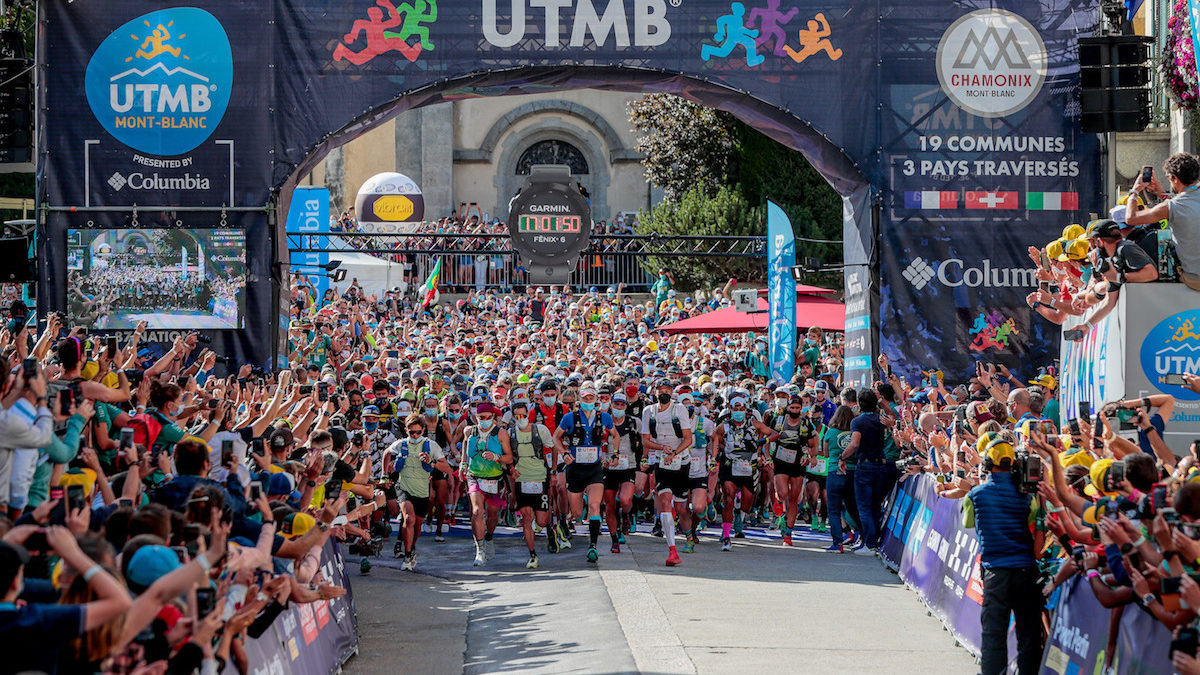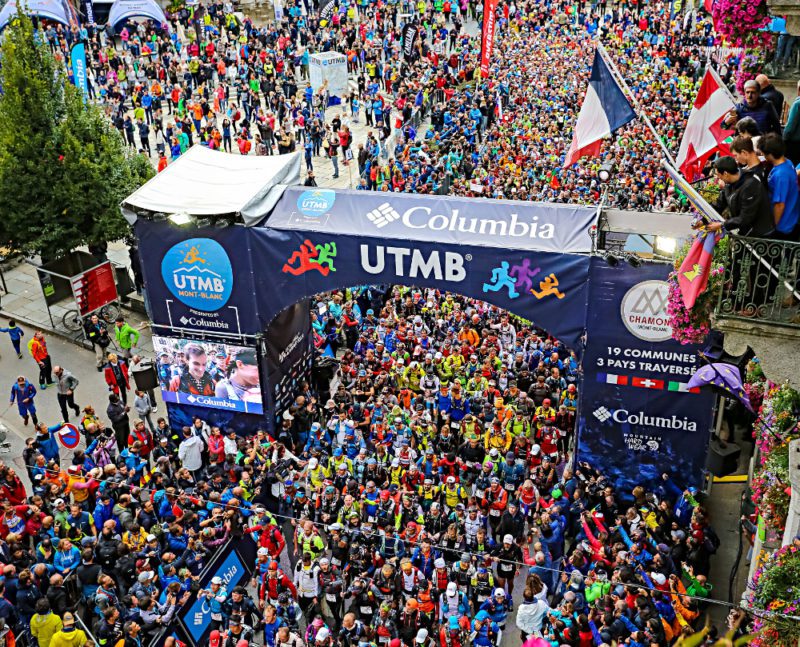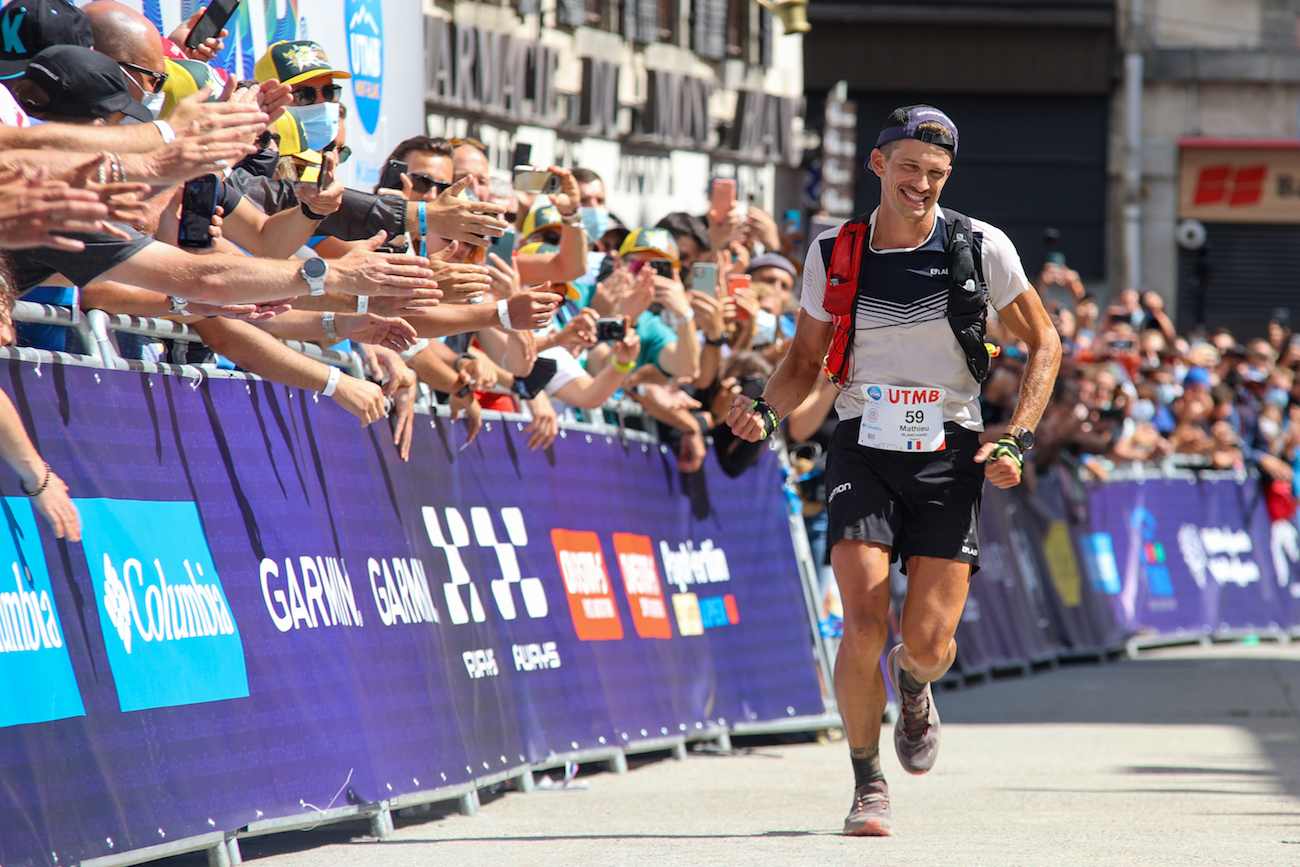UTMB bans painkillers at all events
Athletes are no longer allowed to use NSAIDs, including ibuprofen, before or during any UTMB races

The organizers of the Ultra-Trail du Mont-Blanc (UTMB) World Series will be banning the use of painkillers within 24 hours and during all races. This includes all non-steroidal anti-inflammatories (NSAIDs), such as ibuprofen. The announcement was made after the UTMB’s Quartz Event health program carried out post-event drug tests for the first time this year and three athletes’ samples contained NSAIDs.

RELATED: Courtney Dauwalter breaks course record to win her second straight UTMB title
The Quartz Event health program was set up in 2008 to protect the health of participants and contribute to clean sport. The rules of the program align with the banned substance list set out by the World Anti-Doping Agency (WADA) but go a couple of steps further. Under the Quartz medical rules, athletes must not compete in any race if they have violated any of the following regulations:
Within 60 days before the start of the competition and during the competition:
- Intravenous iron infusions
Within 7 days before the start of the competition and during the competition:
- Intravenous infusion
- Gas inhalation
- Substance subject to a Therapeutic Use Exemption (TUE) according to the WADA Prohibited List
- All glucocorticoids regardless of the mode of administration
- Thyroid synthesis hormones except in case of partial or total removal of the thyroid or hypothyroidism of medical origin.
Within 24 hours before the start of the competition and during the competition:
- All beta-2-agonists regardless of the mode of administration
- All painkillers including Tramadol and Non-Steroidal Anti-Inflammatory Drugs (NSAIDs) regardless of the mode of administration
- All substances included in the WADA Monitoring Program

After the 2021 UTMB, three athletes out of 30 who were tested had NSAIDs in their samples. The organizers did not disqualify the athletes because the rules were only implemented this year, it was their first violation and there was an assumed lack of knowledge of the new regulations. Moving forward, however, all races will be employing the Quartz Event program and any athletes found in violation of the rules will be automatically disqualified.
RELATED: Exclusive interview with UTMB podium finisher Mathieu Blanchard
Why are painkillers being banned?
According to Doctor Patrick Basset, the medical director of Dokever, the company that manages the medical teams at all UTMB events, these regulations have been put in place to protect athletes from the dangers of self-medicating. “The most frequent type of self-medication seen is to treat two types of symptoms: osteoarticular pain and digestive problems,” he explains on the UTMB website. “As a consequence, the main medicines concerned are non-steroidal anti-inflammatory (NSAID), anti-diarrhea or anti-vomiting medicines.”
2/n
To start out with, athletes want are clear and consistent rules. They want to know that there’s a level playing field and integrity behind the ultimate results. The vast majority of athletes in the sport of ultrarunning are clean, honest, hardworking people.— Jason Koop (@jasonkoop) September 22, 2021
He continues to explain that in the context of a long-lasting endurance race, taking anti-inflammatories could be toxic to the kidneys and cause rhabdomyolysis, which is the excessive breakdown of muscle tissue to dangerous levels, potentially leading to renal insufficiency. This is even more likely to happen when combined with dehydration, hypoxia (lack of oxygen) and hypotension (a drop in blood pressure).
Many athletes are criticizing the ban as going too far since the Quartz program refers to these new rules as “legal doping,” and NSAIDs are not banned by WADA. Moreover, many of the rules are not clear, e.g., terms like “gas inhalation” and “IV infusions” are not defined, and banning anything that would require a TUE under WADA rules discriminates against athletes who have an underlying medical condition requiring certain medications that are now not allowed for 24 hours before competition or during competition (such as an inhaler used by an athlete with asthma during a race).
Ultrarunning coach Jason Koop pointed out in a long series of tweets that, even if an athlete avoided using their medication for 24 hours before a race, in many cases they would still test positive because the medication takes longer than that to clear the body. (This is the case for NSAIDS also.)


